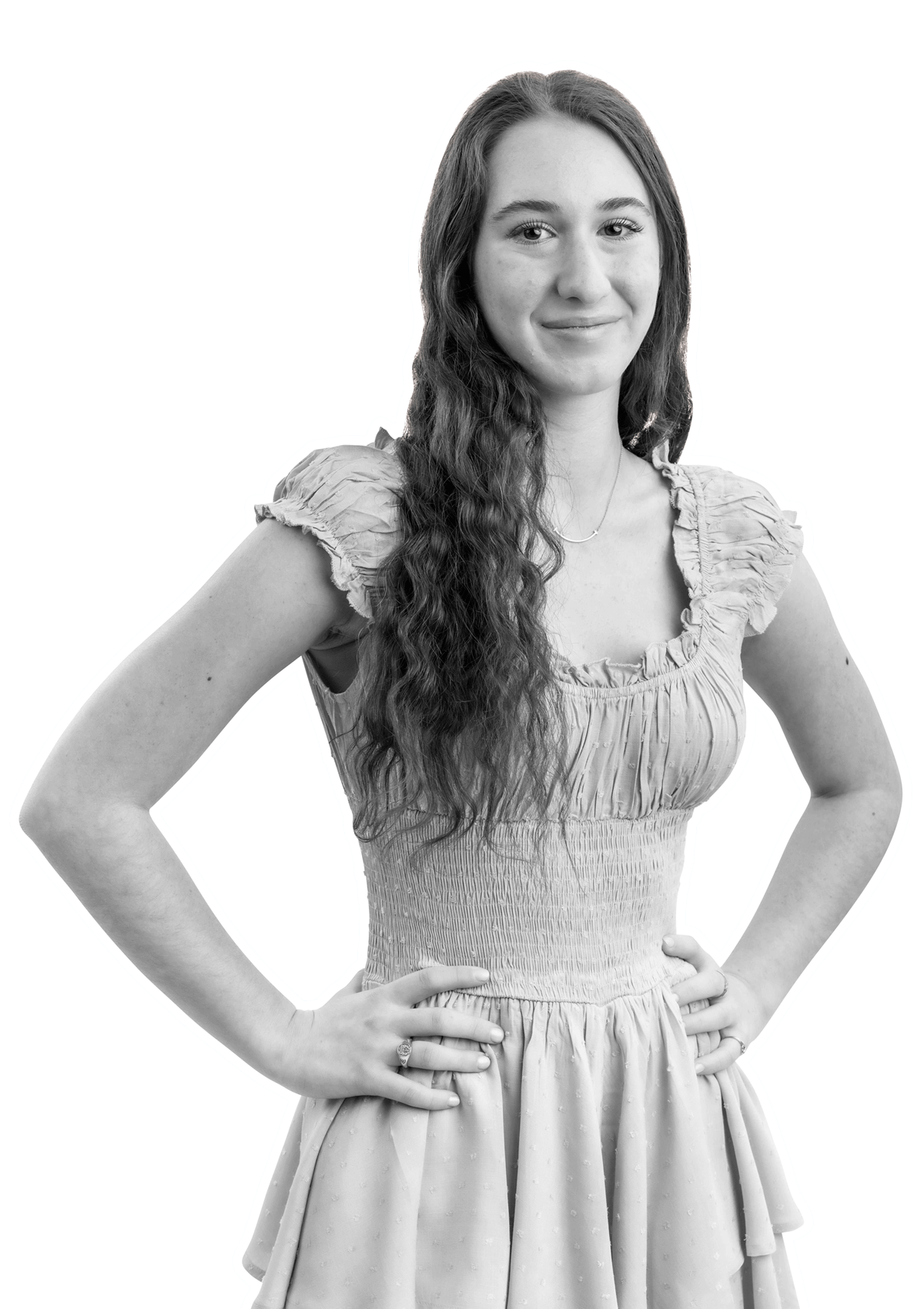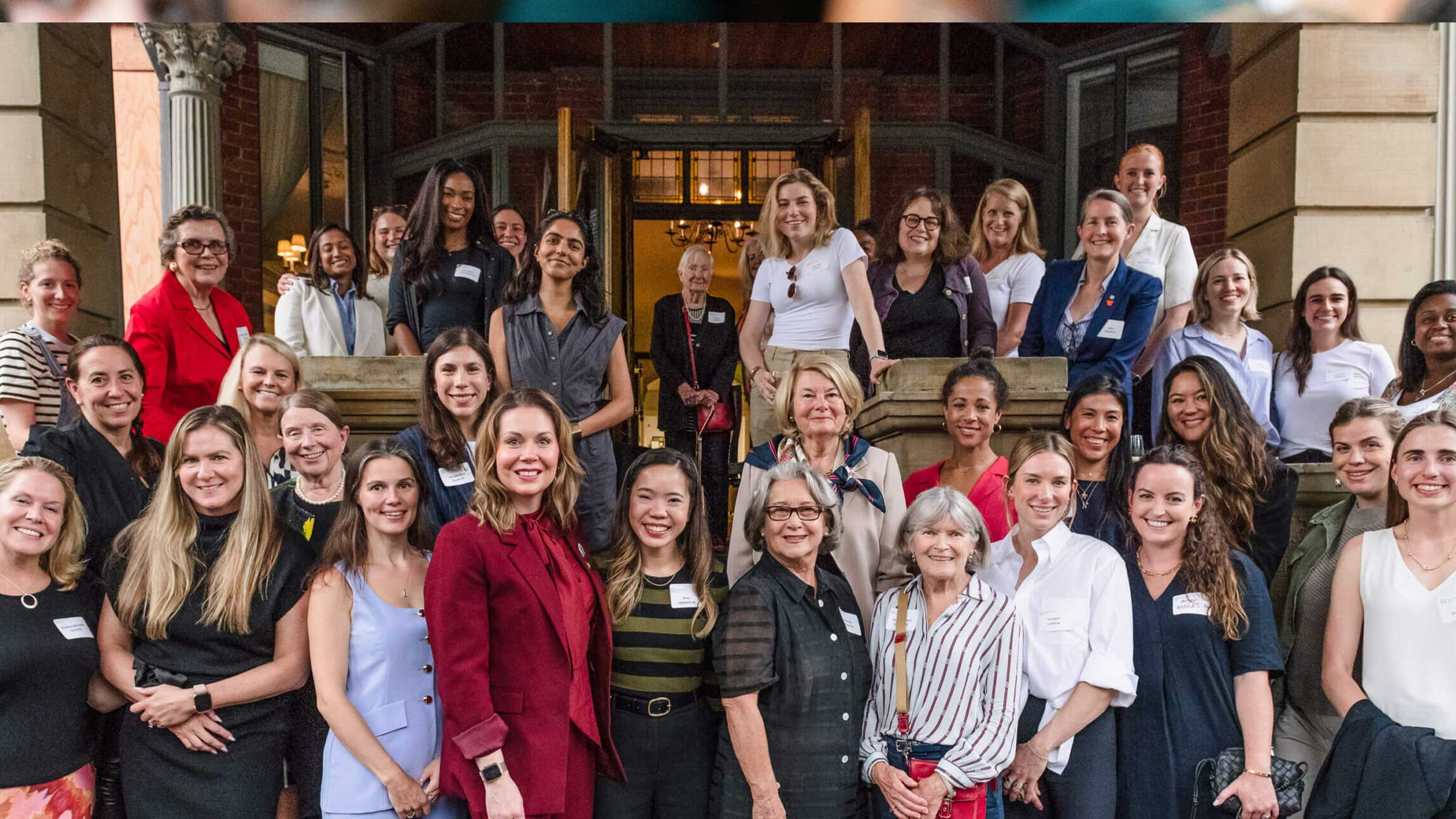
Alums
Stay connected with Branksome Hall’s alum network.
Branksome Alums
With more than 5,500 intelligent, confident and diverse graduates living in Toronto and across the globe, our alum community is a dynamic and inspiring network.
United by a shared Branksome experience, our alums maintain a lifelong connection to the school and to one another—offering friendship, support and opportunities that continue well beyond graduation.
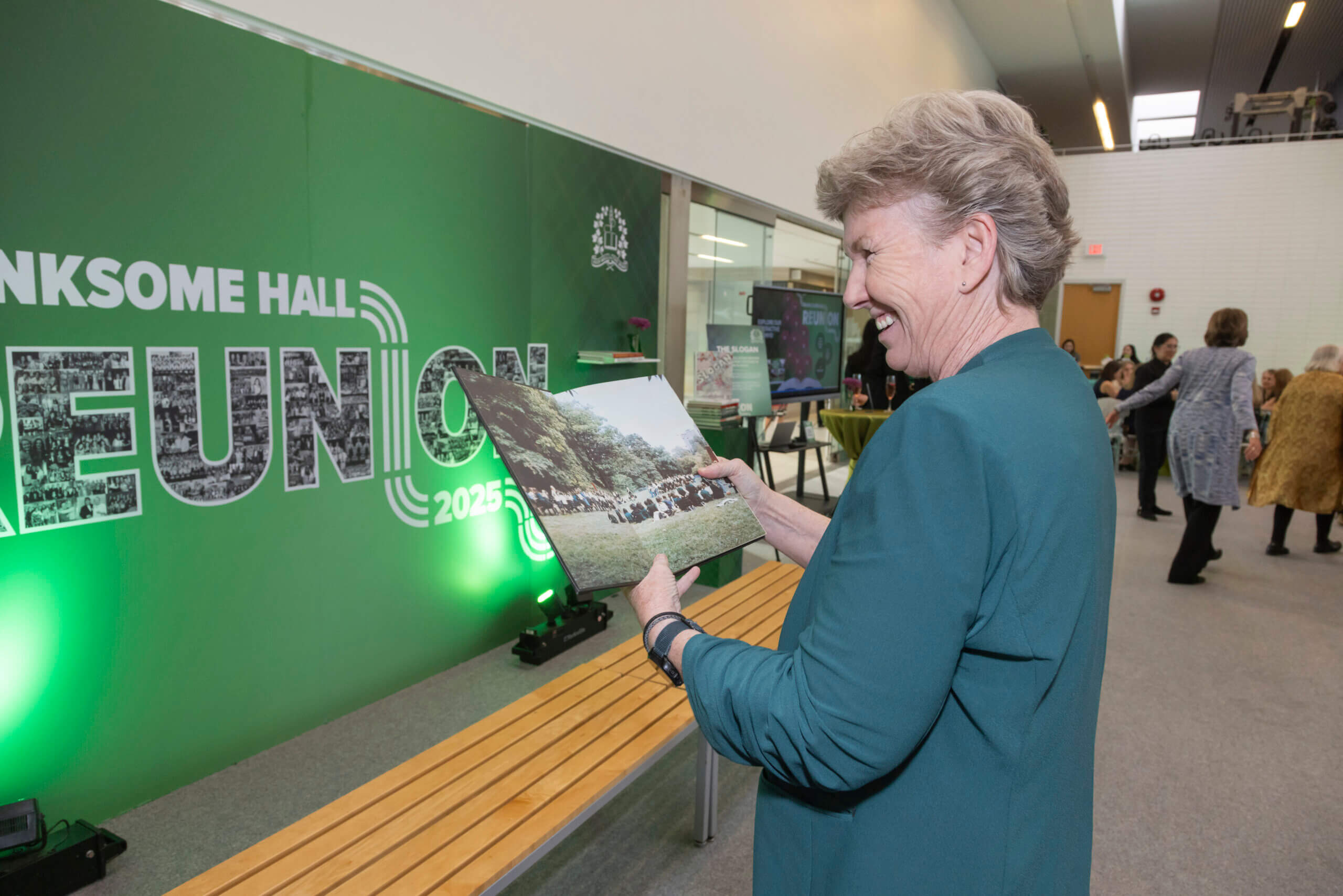

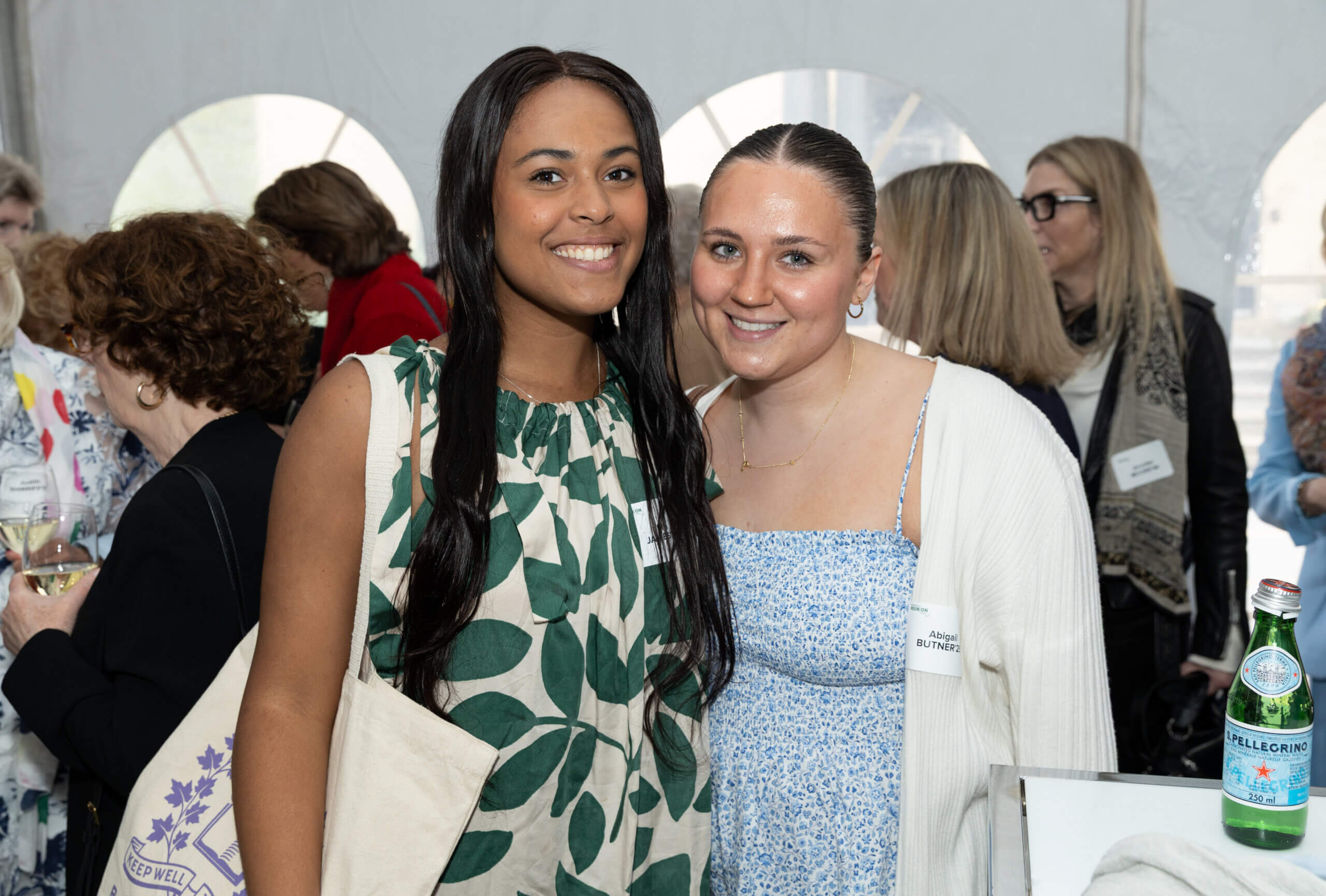



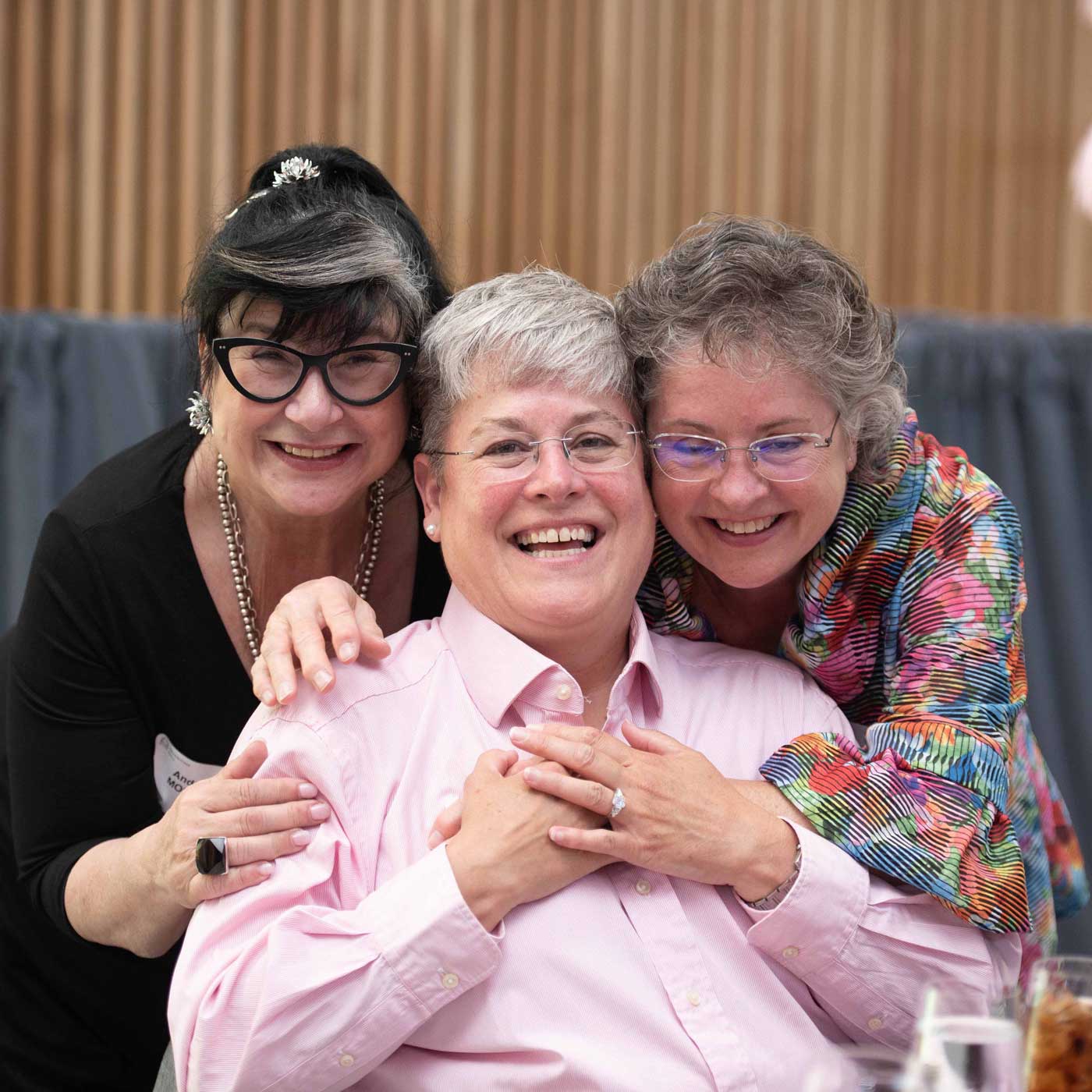



Alumnae Association
The Alumnae Association works alongside the school’s Advancement and Community Engagement Department to offer a wide range of programs, events and opportunities for alums of all generations.
Learn More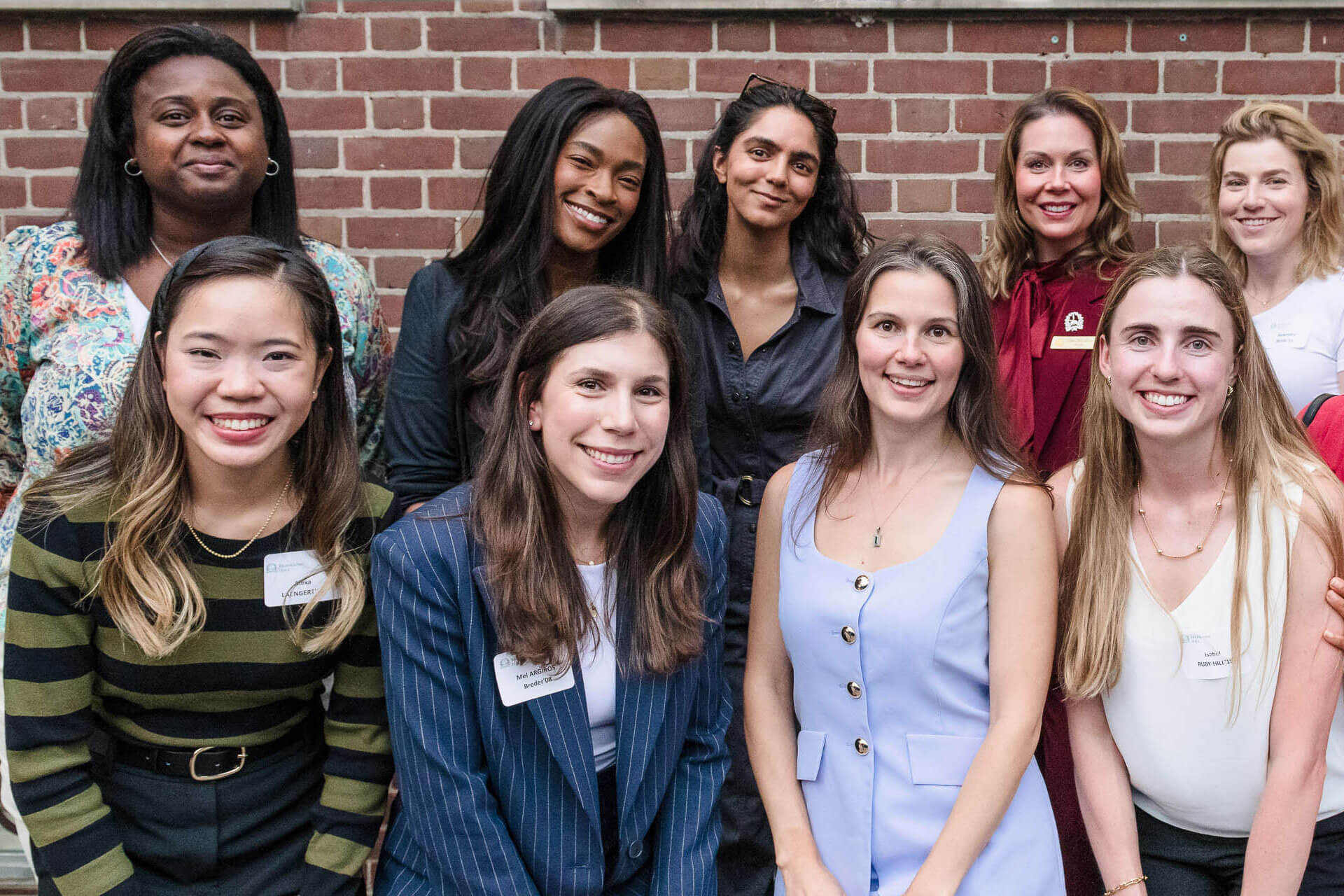
Alum Program
From alum events throughout the year (including Reunion) and around the world to networking and mentorship opportunities, there are many ways to participate.
EXPLORE ALUM PROGRAMS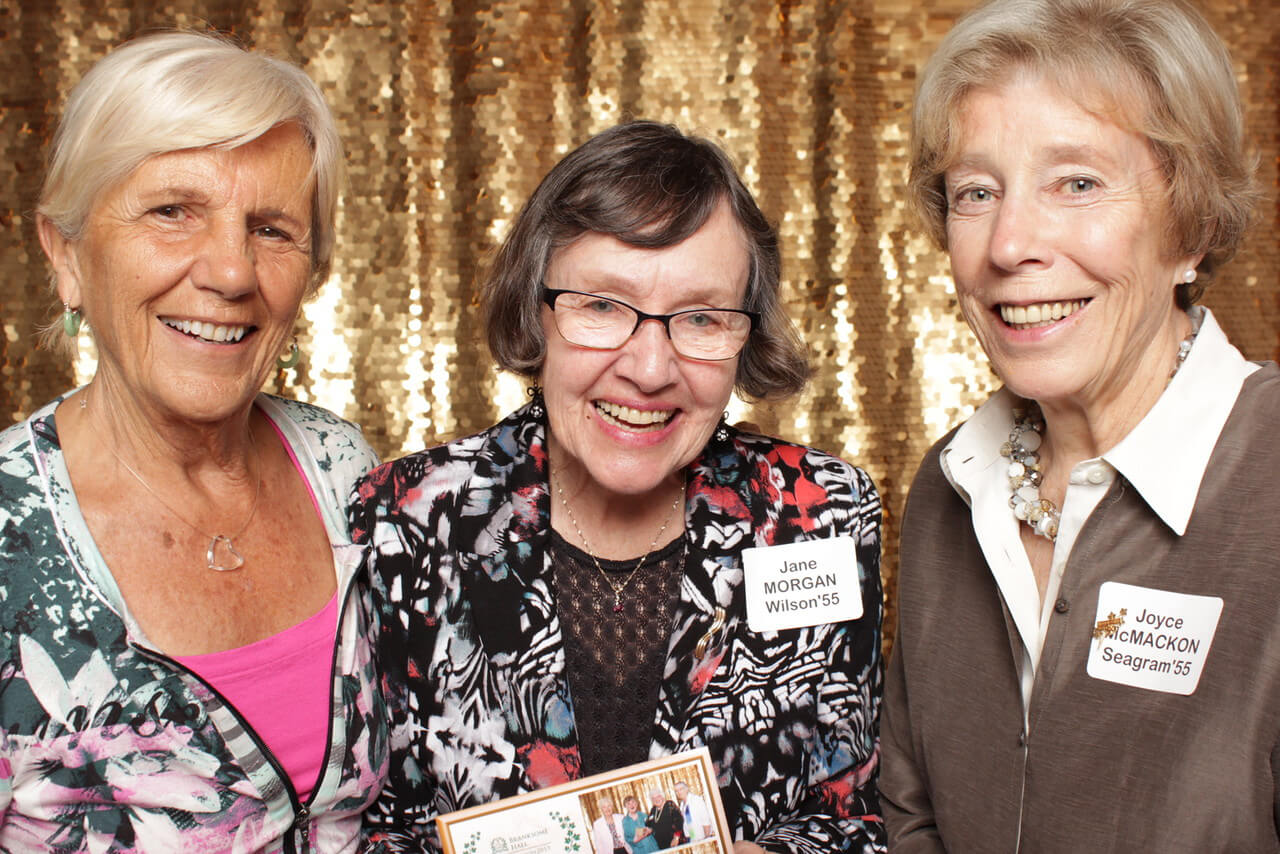
Alum Stories
Stay current on your classmates’ latest news and on Branksome today via The ROAD (our monthly alum e-newsletter) and The READ (Branksome’s award-winning alum magazine).
READ STORIES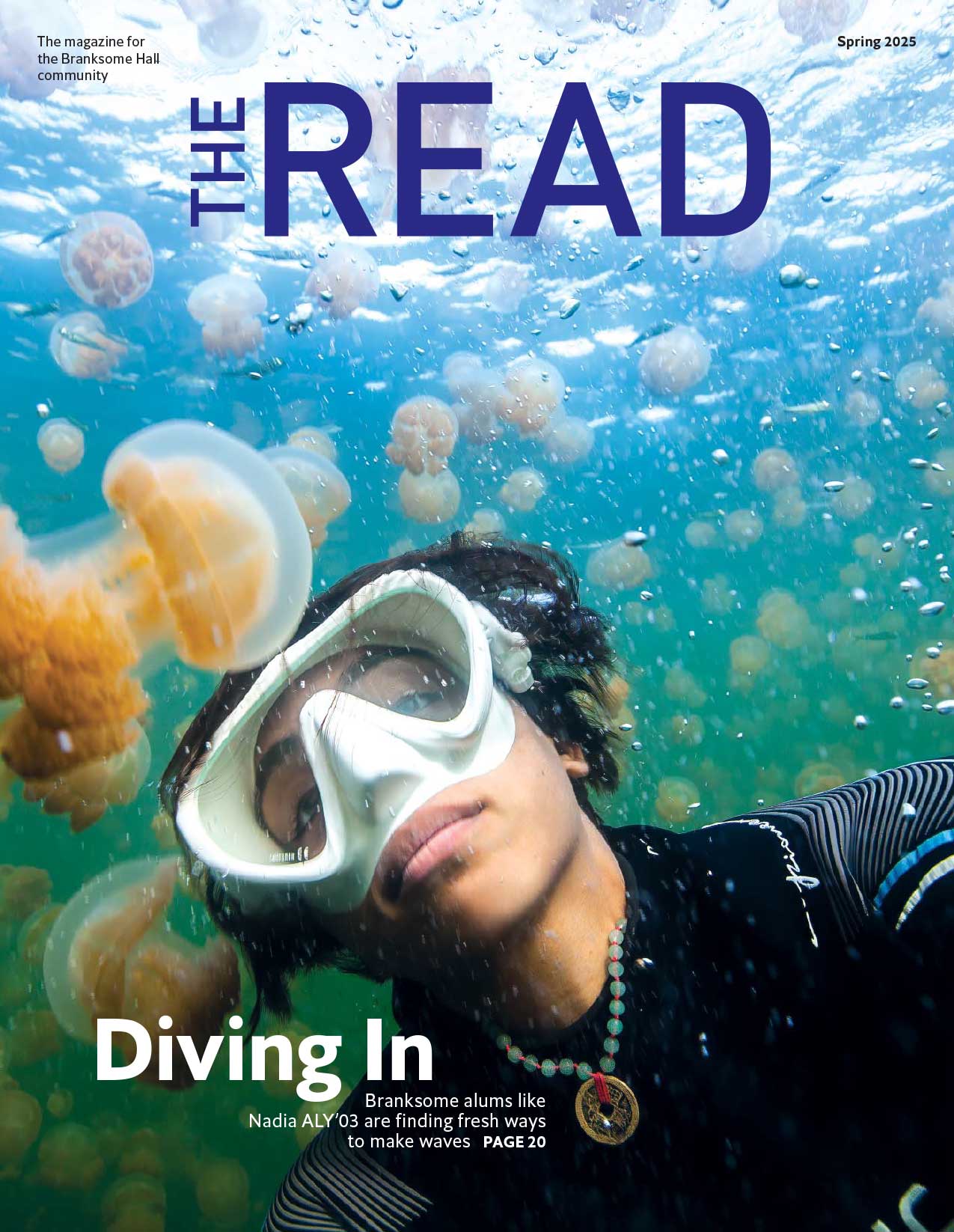
Alum Awards
Two remarkable Branksome alums are honoured at Reunion each year. The Allison Roach Alum Award recognizes an alum who has demonstrated outstanding distinction, character and vision in their professional and/or volunteer endeavours. The Young Alum Achievement Award honours an alum (40 years old or younger) who has shown character and leadership in their pursuits to serve and shape their world through positive change.
VISIT AWARDS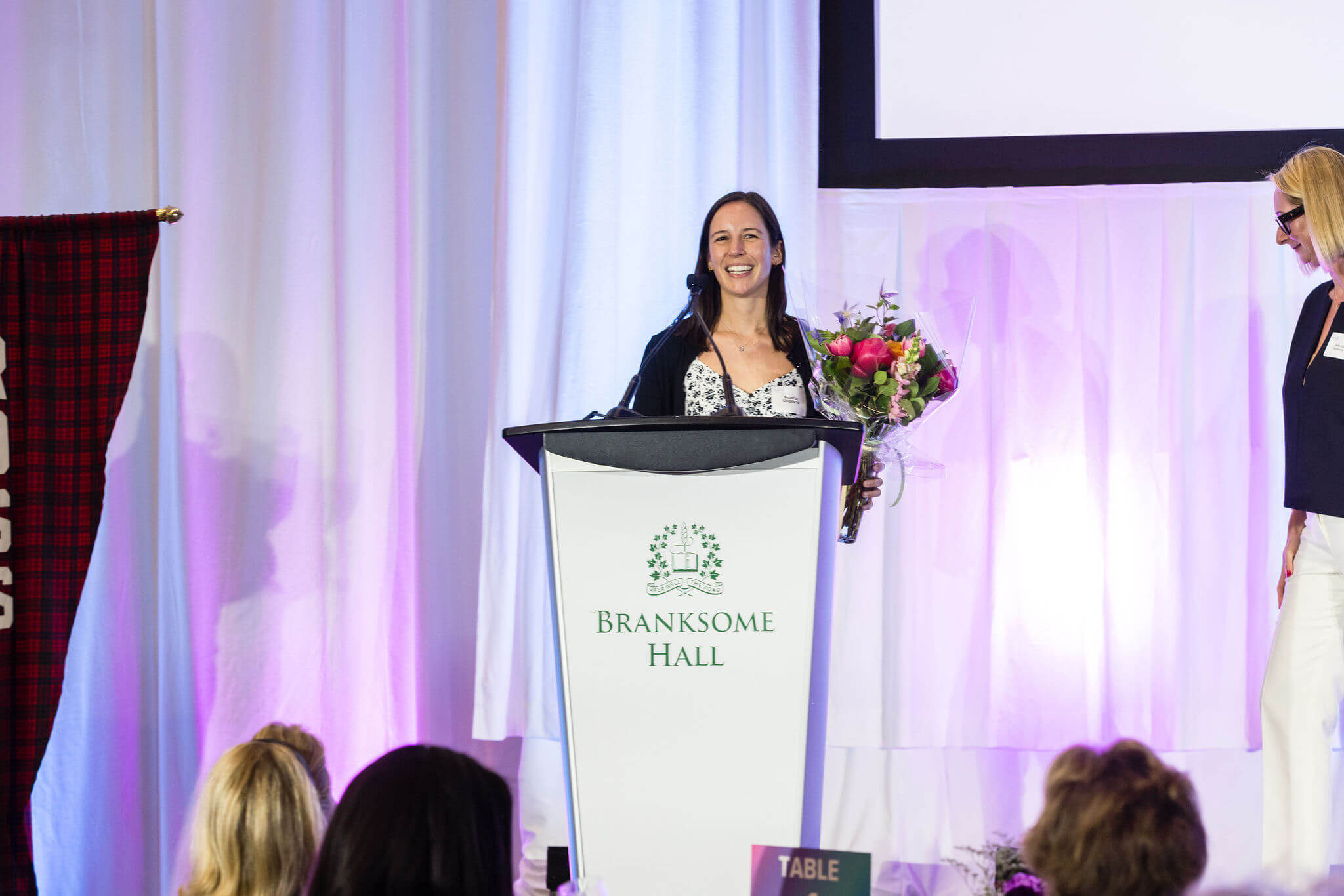
THE AlUM SHOP
Did you know that every purchase made at the Branksome Hall Alum Shop supports the Branksome Hall Alumnae Association (BHAA) and their incredible work?
Since 2020, the BHAA has donated over $100,000 to the Alum Bursary Fund.
Interested in partnering with Branksome Hall for unique brand collaborations? Contact Neetu White to explore exciting opportunities!
SHOP NOW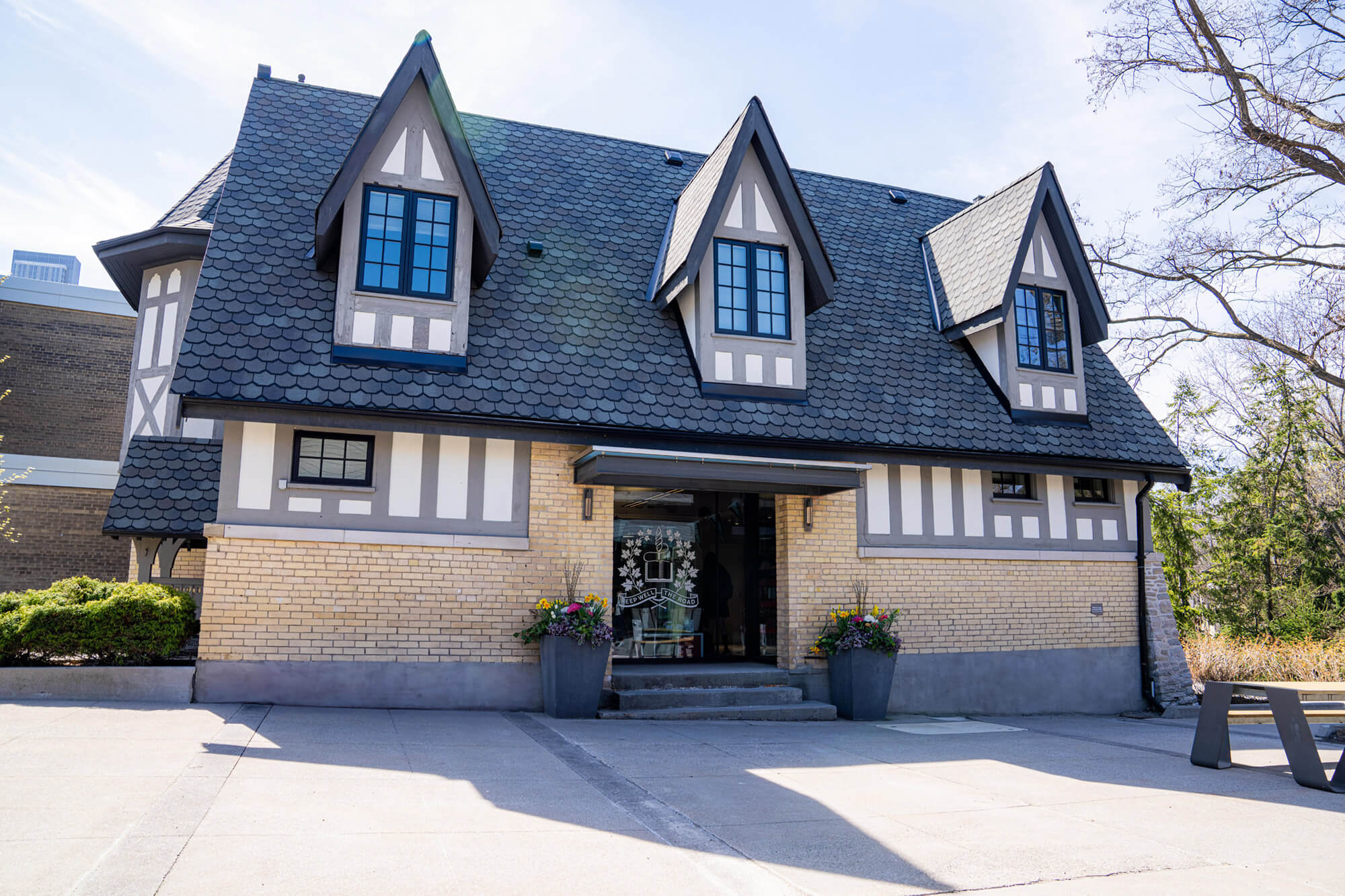
Transcript/Diploma Request Form
To order a copy of your Branksome Transcript or Diploma & Records, please use this request form.

